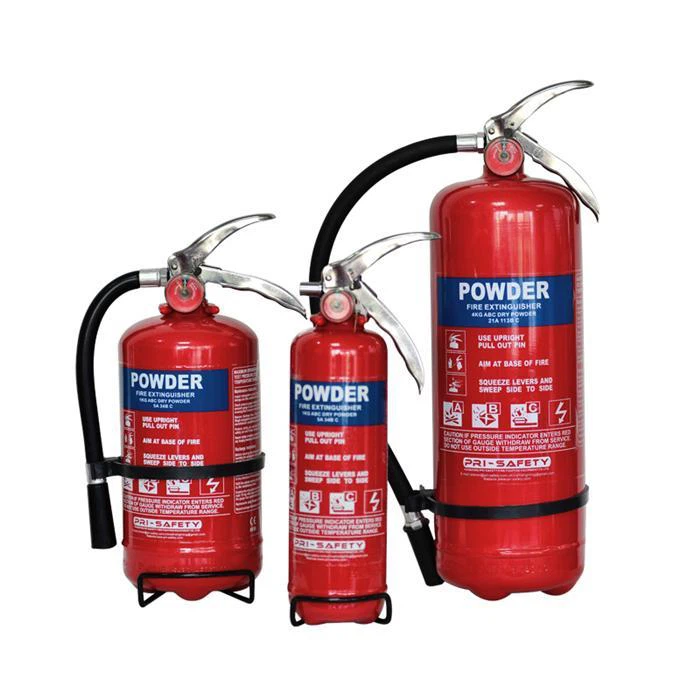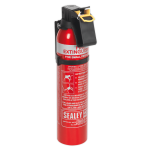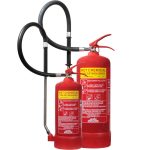Fire safety is a critical aspect of any home or workplace, and understanding the different types of fire extinguishers available is vital for effective fire prevention and response. Among the various classes of fire extinguishers, Class C extinguishers are specifically designed for electrical fires. These fires can occur unexpectedly and can be particularly dangerous. This article explores the importance of having a Class C fire extinguisher on hand, especially in environments where electrical equipment is present.
Understanding Class C Fires
Characteristics of Electrical Fires
Class C fires involve energized electrical equipment. They can occur in various settings, from homes with multiple electrical devices to commercial buildings filled with machinery. Common sources of Class C fires include overloaded circuits, faulty wiring, and malfunctioning appliances. It is essential to recognize that these fires pose unique risks compared to fires fueled by ordinary combustibles.
Electrical fires can start suddenly and escalate quickly if not managed properly. They may begin small and go unnoticed for some time, as many people often do not notice the warning signs until it is too late. That is why it is critical to always be prepared for the possibility of an electrical fire by having the right type of fire extinguisher available.
Common Causes of Class C Fires
There are numerous scenarios in which Class C fires can ignite. For instance, frayed electrical cords can create sparks that lead to flames. In addition, devices that overheat due to prolonged use or malfunction can also be a source of danger. Other common causes include short circuits, static electricity, and even improper use of extension cords.
Each of these elements can lead to a potentially dangerous situation if not addressed promptly. Understanding these causes encourages individuals to inspect their electrical devices regularly, maintain safe practices, and be aware of the potential hazards that surround them.
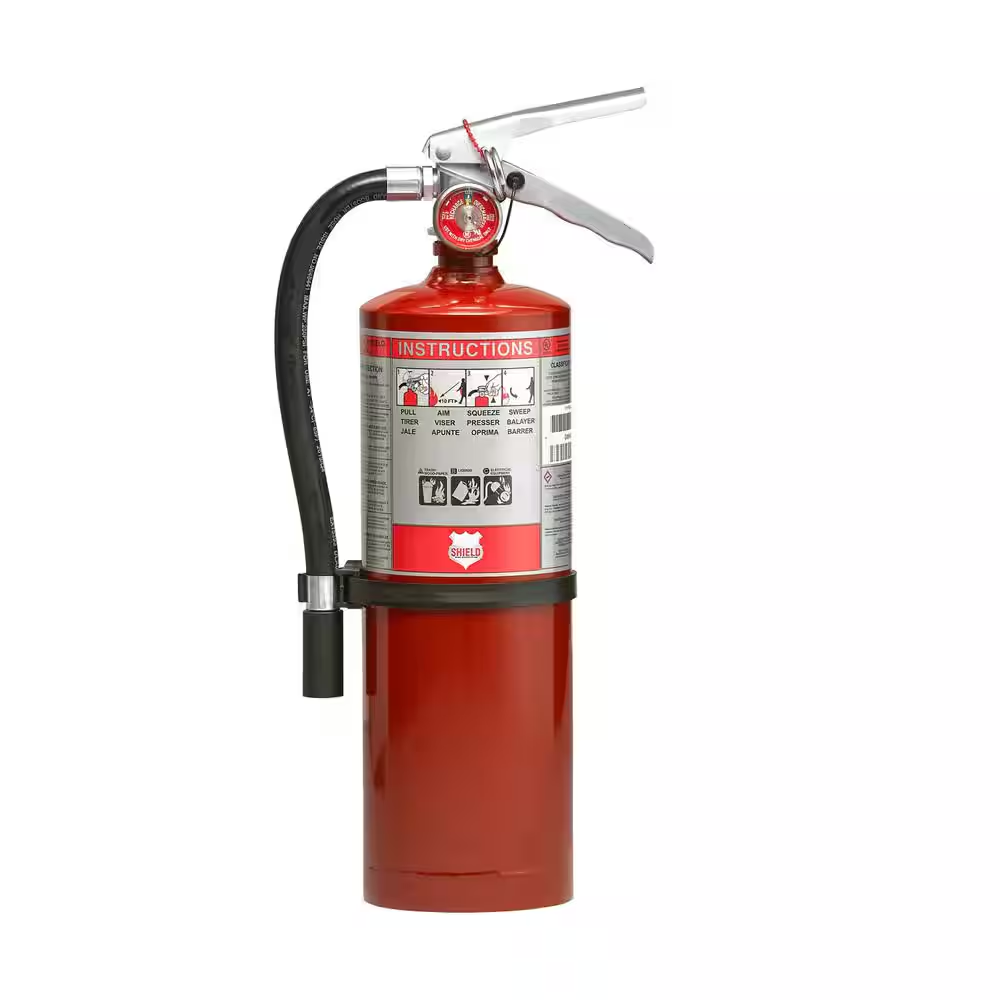
The Importance of Class C Fire Extinguishers
Specialized Material for Electrical Fires
A Class C fire extinguisher is designed to combat fires caused by energized electrical equipment safely. Unlike other extinguishers that may use water or foam, Class C extinguishers use non-conductive agents to put out fires without risking electrocution. These agents typically include dry chemical compounds, such as sodium bicarbonate or potassium bicarbonate, which work effectively to smother flames and cool hot surfaces.
The unique formulation of Class C extinguishers ensures that they can be used safely on electrical fires. This feature is critical, as using the wrong type of extinguisher, such as one based on water, can create a dangerous scenario. Water is a conductor of electricity and could potentially lead to serious risks, including electric shocks.
Quick Response Capability
Having a Class C fire extinguisher readily available allows for a prompt response to electrical emergencies. In situations where every moment counts, it’s essential to act quickly to suppress the flames before they escalate. The presence of an appropriate extinguisher can save valuable time and potentially prevent significant damage.
In many workplaces and homes, electrical equipment is in constant use. When a fire starts, it may not always be possible to evacuate immediately. Therefore, having a Class C extinguisher nearby enables individuals to tackle smaller fires independently. Fire extinguishers are often a first line of defense and can stop a minor fire from turning into a catastrophic situation.
Locations Where Class C Extinguishers Are Necessary
Residential Settings
In residential settings, Class C fire extinguishers are not simply recommended but can be essential for safety. Homeowners with older appliances, home offices with multiple electronics, or families with extensive home theaters should consider placing a Class C extinguisher in easily accessible locations.
Additionally, places like the kitchen and garage often house various electrical devices that pose a fire risk. For instance, an overloaded power strip in the garage can lead to overheating if multiple devices are plugged in. Having a Class C extinguisher in these areas helps ensure the safety of everyone in the household.
Commercial and Industrial Environments
Class C extinguishers are crucial in commercial and industrial settings as well. Factories, offices, and warehouses often contain a multitude of electrical equipment. In many cases, workers are also required to perform repairs or maintenance tasks that involve electrical devices.
In such environments, having easily accessible fire extinguishers that are clearly marked and properly maintained is essential. Workplace safety regulations often require fire extinguishers to be present in areas where electrical equipment is used. Failing to provide appropriate fire safety measures can lead to severe consequences, putting both employees and the business at risk.
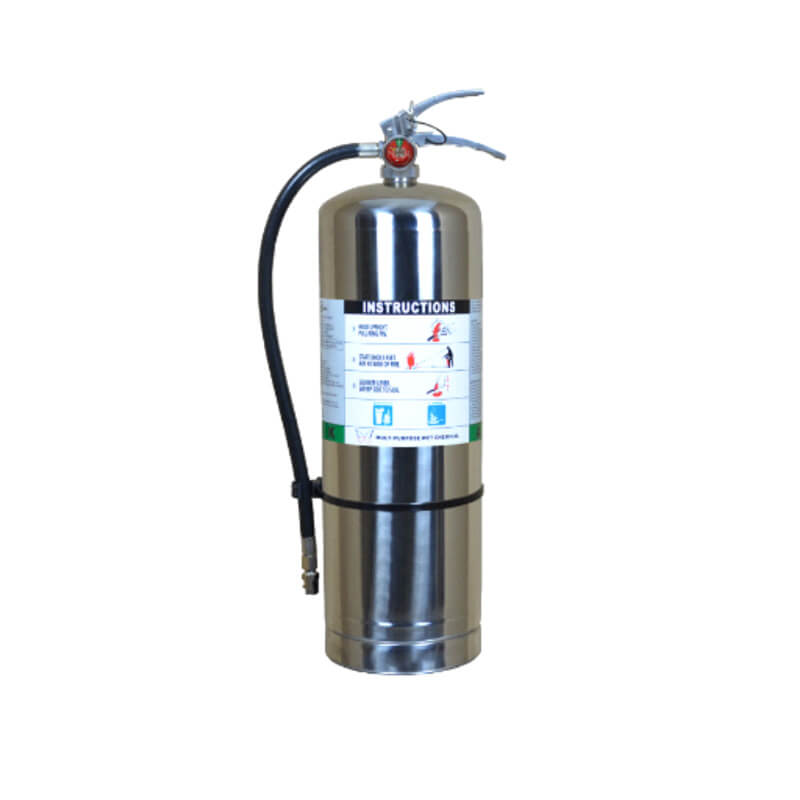
Proper Training and Awareness
Understanding the Operation
While having a Class C fire extinguisher is essential, knowing how to use it effectively is equally important. Training programs on fire extinguisher use can teach individuals how to operate the device properly. Familiarity with the PASS technique—Pull, Aim, Squeeze, and Sweep—ensures that users can act confidently during an emergency.
Training should also cover the types of fires each extinguisher can address, emphasizing the importance of using a Class C extinguisher for electrical fires. Additionally, practicing with fake fire scenarios can provide hands-on experience that is invaluable during real emergencies.
Promoting Fire Safety Awareness
Moreover, promoting fire safety awareness within the home or workplace is crucial. Regular discussions about potential fire hazards, maintenance of electrical equipment, and emergency response readiness can empower individuals to act wisely and efficiently when faced with a fire.
Connecting fire safety education with regular inspections of electrical devices helps reduce risks. Moreover, it encourages everyone, from family members to employees, to take fire safety seriously and act responsibly.
Maintenance of Class C Fire Extinguishers
Regular Inspections
Proper maintenance of Class C fire extinguishers is vital to ensure they function correctly in case of an emergency. Regular inspections should be conducted to check for signs of damage, rust, or wear and tear. The pressure gauge should also be monitored to ensure it is in the green zone, indicating that the extinguisher is charged and ready for use.
Typically, extinguishers should be inspected once a month. In addition, they should undergo professional servicing at least once a year. Ensuring that fire extinguishers are not expired and remain in optimal condition is crucial for the effectiveness of fire safety measures.
Keeping Clear Access
Along with regular checks, ensuring clear access to your Class C fire extinguisher is essential. It should be easily visible and reachable in case of an emergency. Placing the extinguisher in an easily accessible location prevents delays during a fire situation.
Clearly marking the area where the extinguisher is located can also help others find it during an emergency. Training all family members or employees about where the extinguishers are located is a critical part of emergency preparedness.
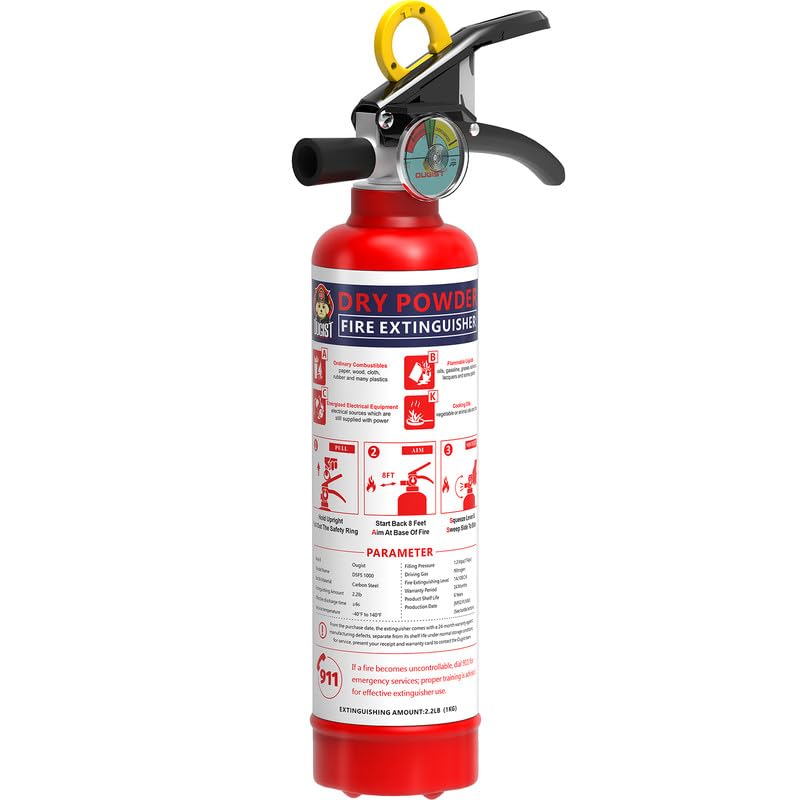
Understanding Limitations of Class C Fire Extinguishers
Scope of Use
While Class C fire extinguishers provide essential protection against electrical fires, it is essential to understand their limitations. These extinguishers should not be used on fires that have spread to flammable liquids or ordinary combustibles without adequate training and support. Attempting to tackle a Class B or Class A fire with a Class C extinguisher may be ineffective and could worsen the situation.
It is also important to note that the use of a Class C extinguisher is only for fires involving live electrical equipment. Once the equipment is turned off and de-energized, the fire may then fall under Class A or Class B classifications. Understanding these distinctions ensures the right response to various fire situations.
Additional Safety Measures
Relying solely on fire extinguishers is not enough. Class C extinguishers should be part of a more comprehensive fire safety plan that also includes smoke detectors, evacuation routes, and emergency contacts. Regular drills to practice evacuation procedures ensure that everyone is ready in case of a fire, complementing the use of extinguishers effectively.
Creating a robust fire prevention plan can save lives and protect property. This proactive approach should integrate extinguishers with other safety measures to minimize risks and raise awareness.
The Essential Role of Class C Fire Extinguishers
In conclusion, Class C fire extinguisher for electrical play an essential role in protecting homes and workplaces from electrical emergencies. The unique features of these extinguishers, including their non-conductive extinguishing agents, make them indispensable tools for fire safety. With the potential for electrical fires occurring in everyday situations, having a Class C extinguisher on hand is a responsible choice.
Educating individuals about the proper use of Class C extinguishers, regular maintenance, and the importance of a comprehensive fire safety plan empowers them to take control of their safety. Whether in residential or commercial settings, ensuring that these extinguishers are present, accessible, and well-maintained is vital for effective fire prevention.
Ultimately, combining the use of Class C fire extinguishers with ongoing training and awareness creates a safer environment for everyone. With a proactive approach, individuals can protect themselves and their loved ones from the threat of electrical fires, making fires less likely. Investing in proper equipment is not just a matter of compliance; it is about fostering a culture of safety that benefits everyone.
